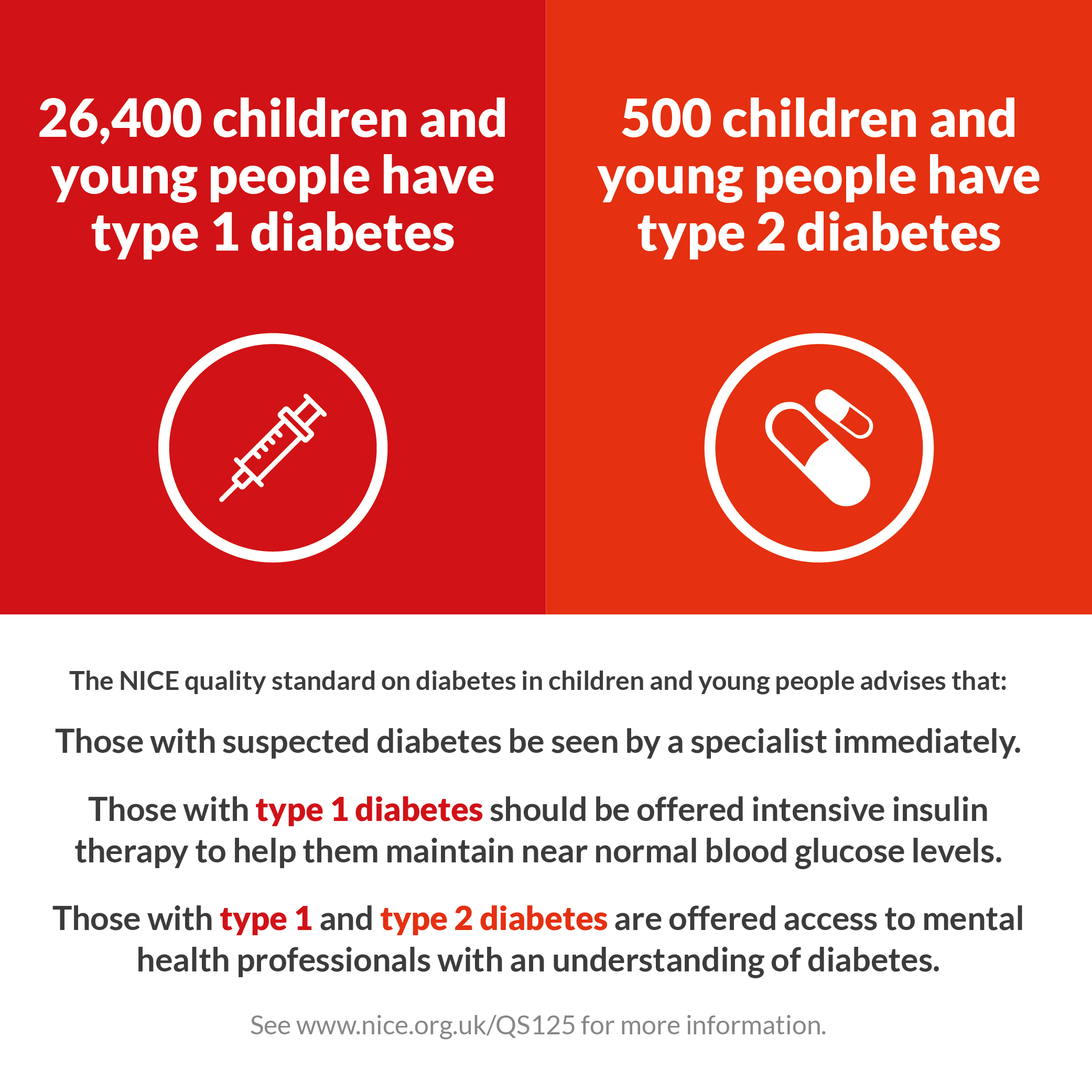Children and young people with suspected diabetes should be seen by a specialist immediately, says NICE quality standard
14 Jul 2016 02:38 PM
When a GP suspects a child or young person has diabetes, they should immediately be sent to hospital and seen the same day by a specialist, a new NICE quality standard says.

Helen Wills and daughter, Maddie. Photo credit: stephaniebelton.com
Diabetes is a long-term condition that has a serious impact on people who live with it, so prompt diagnosis is vital.
If left untreated diabetes can cause tissue damage, resulting in blindness, kidney failure, foot ulcers which can lead to amputation, and also premature heart disease, stroke and death.
Around 26, 400 children and young people have type 1 diabetes and 500 have type 2 diabetes. The NICE quality standard states that children and young people with suspected diabetes should be referred to immediately and seen the same day by a multidisciplinary paediatric diabetes team.

The standard also says that children and young people with type 1 diabetes should be offered intensive insulin therapy to help them maintain near normal blood glucose levels. Diabetes management should include education, support and access to psychological services.
Professor Gill Leng, deputy chief executive of NICE, said: “NICE’s guidance on children and young people with diabetes was the first to recommend attempting to reach near normal blood glucose levels.
“This means that the child or young person will need multiple daily injections or insulin pump therapy. This is along with carbohydrate counting, which means matching the amount of insulin with the amount of carbohydrate eaten.
“We know that reaching and maintaining near normal blood glucose levels is difficult, but it reduces the tissue damage caused by high blood glucose, and so may avoid the long-term health problems caused by diabetes.”
Helen Wills, whose 11 year old daughter has type 1 diabetes, said: “Managing diabetes - especially in a growing child - is exhausting, confusing, and relentless.
“It's also a huge worry for a parent, so having a team that can fully support all our needs and questions is essential.
“We cope because the team makes sure we have access to all the checks she needs, and teach us how to really maximise the technology we use - her insulin pump and continuous glucose monitor.
“Without these, and access to her hospital team whenever we need it, we wouldn't be able to achieve the recommended HbA1c."
“Support from the very beginning is vital”
Type 1 diabetes occurs when the cells that normally make insulin – the hormone which controls the amount of glucose (sugar) in blood – are destroyed, and the loss of insulin results in high levels of glucose in the blood.
A person with type 2 diabetes has too much glucose in their blood either because their body doesn’t produce enough insulin or their body doesn’t use insulin effectively.
Dan Howarth, head of care at Diabetes UK, said: “It is vital that, from the very beginning, children with diabetes get the appropriate care and support they need to be able to successfully manage their condition.”